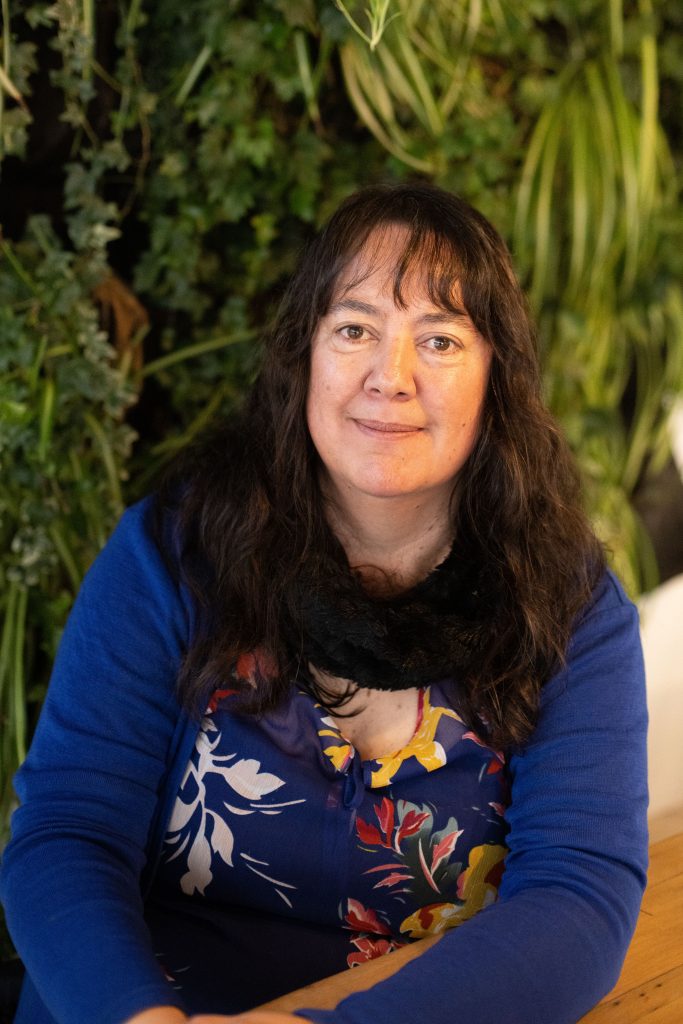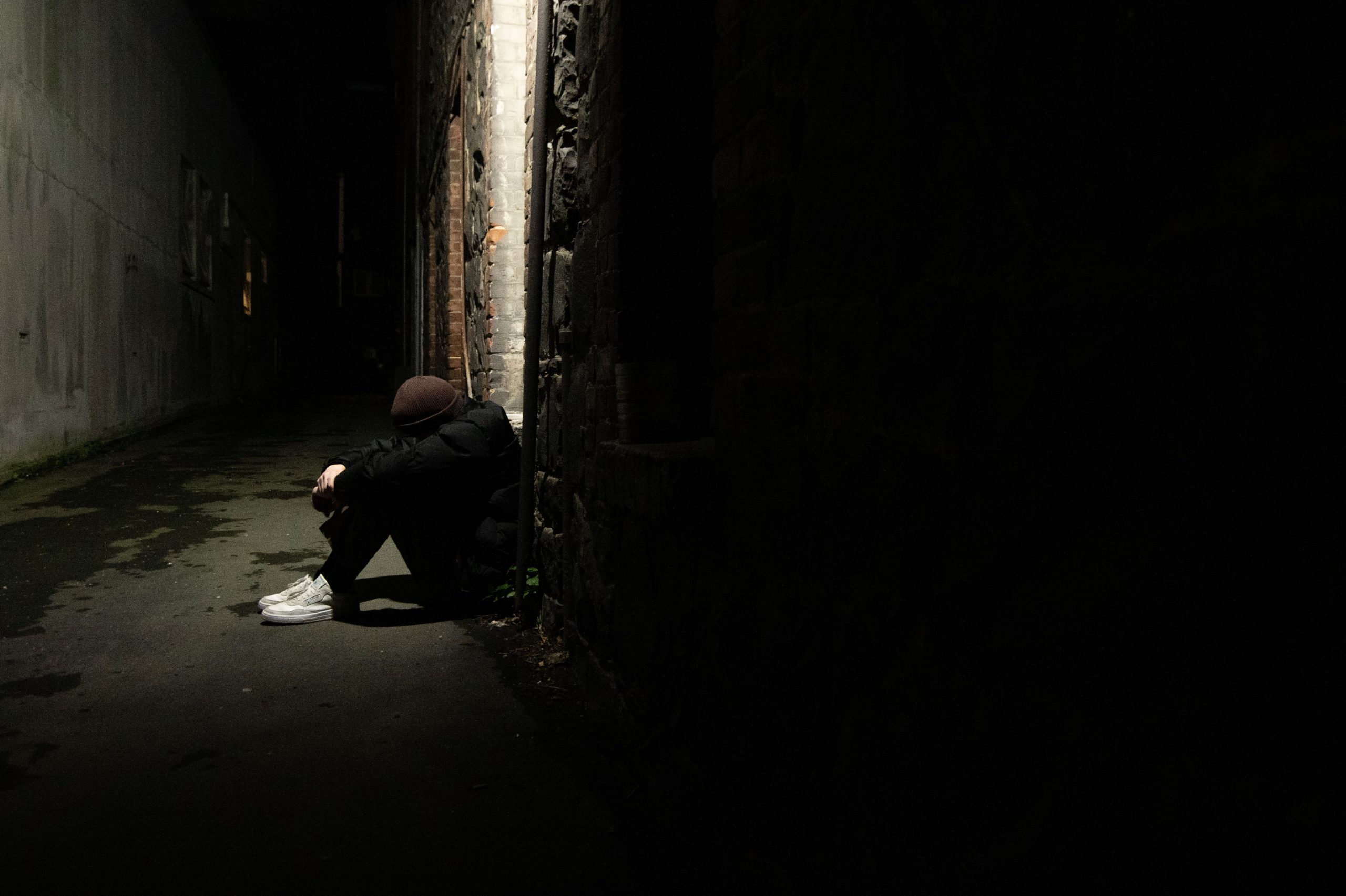Escalating food, power and rent or mortgage costs have been placing pressure on families and individuals. Social agencies are reporting a surge in self-referrals and rising numbers of people struggling to get by. Housing stock is light on the ground, and not all of it is good quality or affordable. Homelessness — an issue not often considered in Central Otago — is becoming visible and community workers are aware of people turning to their cars for accommodation. It is a stark contrast to a region perceived as affluent. Shannon Thomson reports.
Covid is firmly in the rear view mirror and Central Otago is now dealing with the impacts of the cost of living crisis hitting the nation, Family Works director Carmen Batchelor says.
‘‘Obviously there’s ripple impacts from [Covid] in terms of health, depending on where people are at, but actually it’s the cost of living crisis, the unaffordability of basic human rights stuff.’’
There was already ‘‘quite significant poverty and inequality’’ pre-Covid, but three years on from the first lockdown people were still struggling to recover, and a new demographic was emerging — the working poor.
Many families not on a benefit who were able to access Ministry of Social Development (MSD) assistance such as childcare assistance or accommodation supplements came into this group, but there was also a rising number of people working full time who were unable to access government support, Mrs Batchelor said.
‘‘We are seeing two-income people, one-income people who pre-cost of living crisis and pre-Covid would have been able to survive. Now you’re seeing people with two incomes in quite significant hardship and debt. They can’t make their basic living payments — so mortgage payments, trying to keep up on power, trying to keep up on schooling costs for kids too,’’ she said.
‘‘If they’ve not got money left, they’ve not got money left . . . you’re very much reliant on friends, family or you’re having to reach out for the first time to a social services agency, which is huge,’’ she said.
The organisation, which provides social work, emergency response, foodbank and other assistance, was already experiencing an increase in demand above the usual winter requests.
The pressure was also fracturing relationships.
However, in Central Otago, despite couples choosing to separate, many were still living in the same house as they could not afford to support alternate living arrangements.
‘‘[It] creates huge complications in terms of family harm, police call outs, etc, because they’re stuck,’’ Mrs Batchelor said.
Family Works community workers in the district say they are experiencing a significant amount of insecure housing throughout Central Otago.
In a region with frequent subzero winter temperatures and an inversion layer that can linger for weeks, that poses significant risks.
‘‘We support homeless people in Central . . .[people in] insecure housing so they are couch surfing or having to move from place to place,’’ Mrs Batchelor said.
‘‘We’ve definitely got sleeping in cars going on across Central Otago . . .and just that insecurity of couch surfing, particularly for younger people. . .and now we’re going into winter.’’

Social media is littered with posts of people seeking accommodation across Central Otago and Upper Clutha as rental costs extend beyond what many incomes in the region can afford.
A Trade Me search reveals just two properties available to rent in all of Central Otago — a one-bedroom cottage in the Teviot Valley for $295 a week and a four-bedroom home in Pisa Moorings for $720.
The search revealed 11 properties available in the Upper Clutha, with the cheapest a one-bedroom available short-term for $575 a week.
The next cheapest came in at $775 and six of the properties on offer cost $1000 or more per week.
The amount of public housing stock on offer in the district is also low.
Kainga Ora regional director Otago, Southland and South Canterbury Kerrie Young told The News it had 19 homes in Central Otago — 10 in Cromwell, seven in Alexandra, and one each in Roxburgh and Clyde — and four in Wanaka.
In Wanaka, the Queenstown Lakes District Council (QLDC) has eight accommodation units available — five elderly housing units plus three residential properties that can be let to tenants of any age.
QLDC property director Quintin Howard said tenancies were allocated to those with the highest need as assessed by Queenstown Lakes Community Housing Trust (QLCHT), in a process independent of the council.
While the council did not operate a wait list for its properties, he could not point to any statistical increase in demand, although there was ‘‘currently a well-publicised shortage of affordable and government-provided social housing’’ in the district, Mr Howard said.
‘‘We absolutely recognise the current housing issues facing many in our community and sympathise with those affected,’’ he said.
‘‘We also recognise the need for greater action. As a local council, there are some things we can do and others that require intervention from central government. We continue to advocate with them on behalf of our residents and have been active in this space for some time.’’
This week the council was launching ‘‘Winter Manaaki’’, an online information hub containing links and resources for those affected by the housing crisis on the QLDC website.
It would also include information for people who wanted to help by offering a spare room or a place to live, he said.
* If you have a story to share, contact shannon.thomson@ thenews.co.nz





